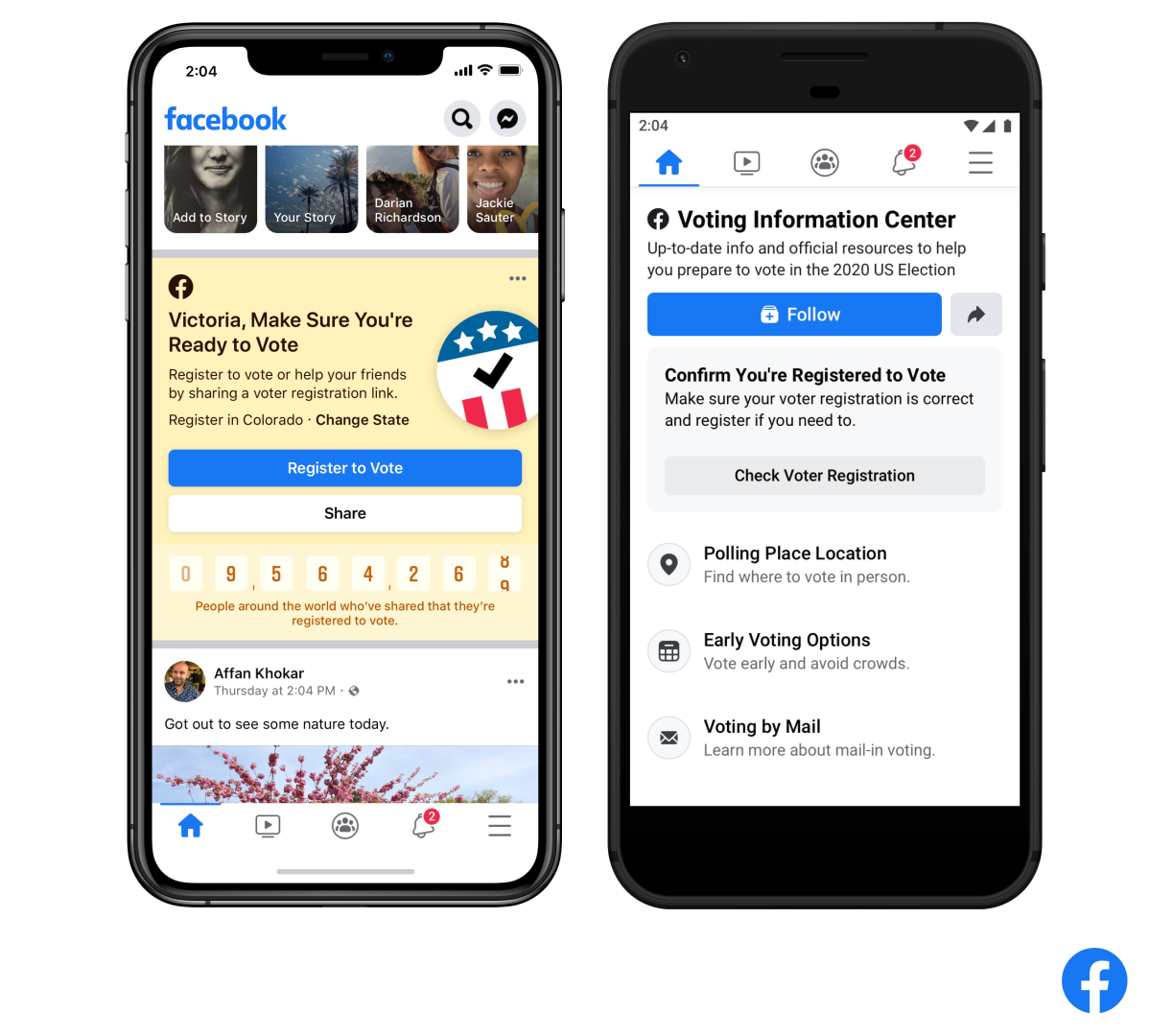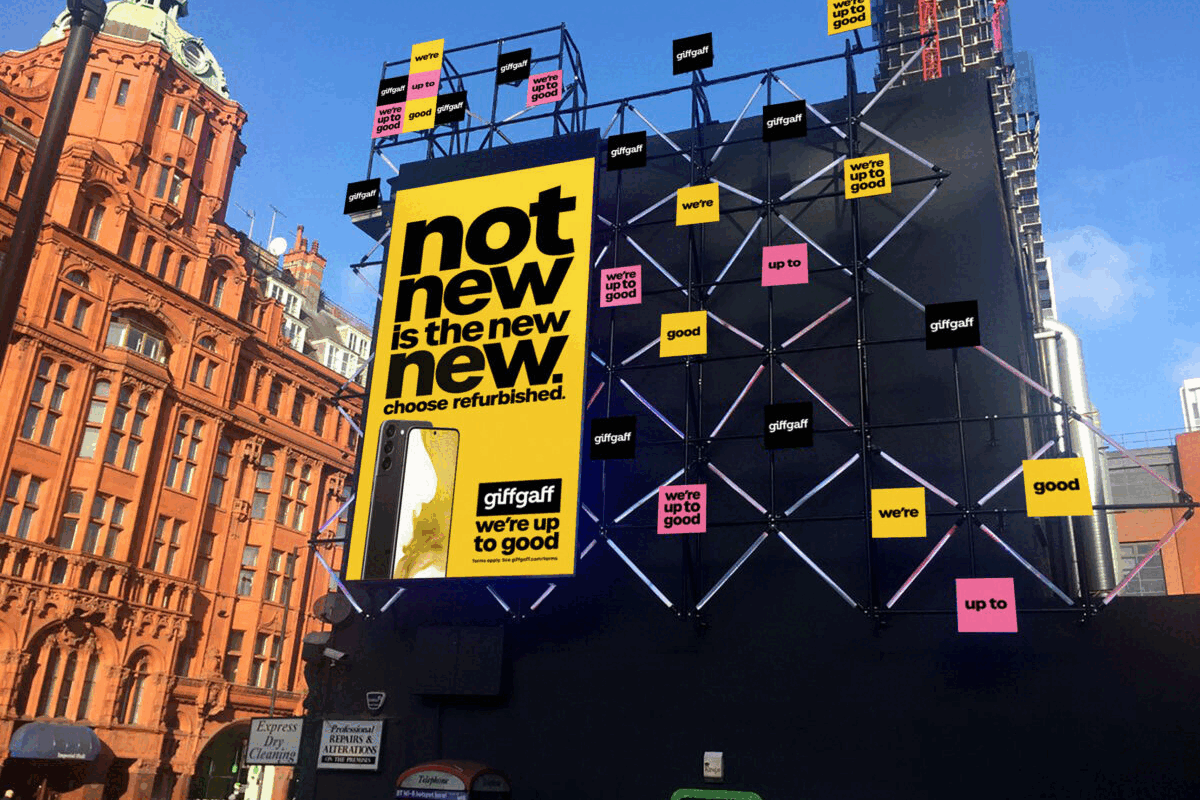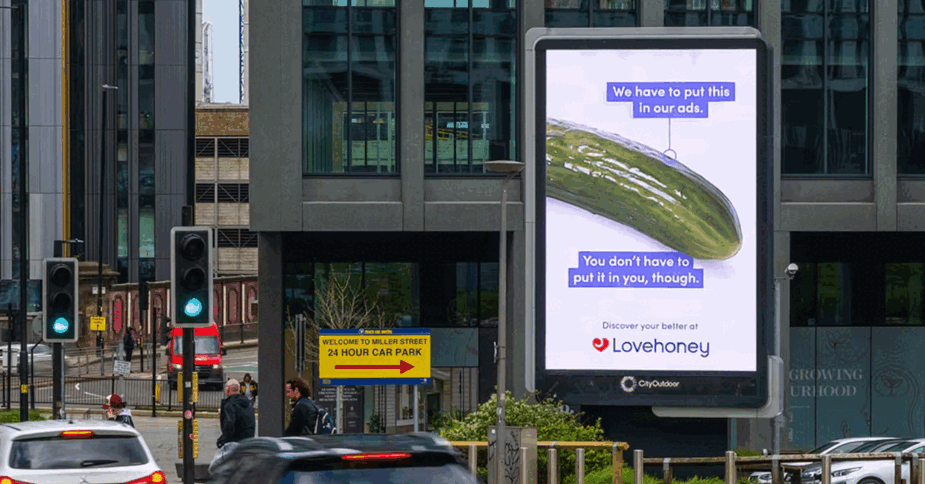Facebook to allow voters to turn off political ads
- Wednesday, June 17th, 2020
- Share this article:
 Facebook is to allow people to turn off political ads in the run-up to the US elections, which are less than five months away. The feature will roll out to everyone in the US in the next few weeks, and will enable users to turn off all social issue, electoral or political ads from candidates, Super PACs or other organizations that have the “Paid for by” political disclaimer on them. Users can do this on Facebook or Instagram directly from any political or social issue ad or through each platform’s ad settings, but in a blog post written by Naomi Gleit, Facebook’s VP of Product Management and Social Impact, the company admitted its system isn’t perfect and invited users to have chosen not to see political ads, but still see an ad that they think is political, to report it to Facebook.
Facebook is to allow people to turn off political ads in the run-up to the US elections, which are less than five months away. The feature will roll out to everyone in the US in the next few weeks, and will enable users to turn off all social issue, electoral or political ads from candidates, Super PACs or other organizations that have the “Paid for by” political disclaimer on them. Users can do this on Facebook or Instagram directly from any political or social issue ad or through each platform’s ad settings, but in a blog post written by Naomi Gleit, Facebook’s VP of Product Management and Social Impact, the company admitted its system isn’t perfect and invited users to have chosen not to see political ads, but still see an ad that they think is political, to report it to Facebook.
Facebook said it also aims to make the feature available in countries where it has enforcement on ads about social issues, elections and politics in the fall (autumn).
The move is part of an effort on Facebook’s part to respond to criticism for running political ads containing false information. Twitter took the decision to ban all political advertising in October last year.
It is also part of an initiative called the Voting Information Center, which Facebook described as “the largest voting information campaign in American history.” The company said its goal is to help register 4m voters this year using Facebook, Instagram and Messenger by giving them accurate information about voting, as well as the tools they need to register and make their voices heard at the ballot box.
The Voting Information Center will also be a place where people can get information about registering to vote, or requesting an absentee or mail-in ballot, depending on the rules in their state. People will also be able to see local election alerts from their officials about changes to the voting process. Facebook said it is working with state election officials and other experts to ensure the Voting Information Center accurately reflects the latest information in each state.
The Voting Information Center will include posts from verified local election authorities with announcements and changes to the voting process. People can also choose to receive notifications for these alerts. It will also offer guidance on registration and who’s eligible to vote; information on how to request an absentee ballot (vote by mail); guidance for military and overseas voters; and dates and polling places for early voting. Plus, information and links to help people plan their vote on Election Day, including when to vote, where to vote, and whether there are ID requirements.
Starting this summer, Facebook said it will put the Voting Information Centre at the top of people’s Facebook and Instagram feeds, and that it expects more than 160m million people in the US to see the information about how to vote in the US general election from July through November.
















